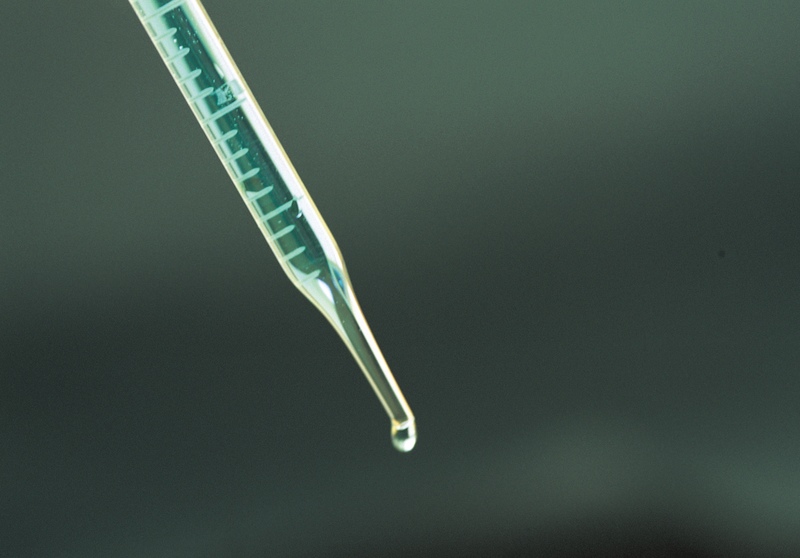
Here are some of the latest health and medical news developments, compiled by the editors of HealthDay:
Mercury Found in Skin-Lightening Cream
Mercury has been found in illegal Mexican-made skin-lightening cream being sold in California.
Health investigators are teaming with health and beauty workers in the immigrant communities of Oakland, San Francisco and San Jose to track down the skin cream in shops and at swap meets. Officials are also urging consumers to dispose of the products safely, the Associated Press reported.
Earlier this month, the California Department of Public Health issued a medical alert to health care professionals asking them to notify the state of potential mercury poisoning cases and to tell their patients to stop using the cream.
Skin lightening cream is typically used to lighten skin, reduce freckles and age spots, and treat acne, the AP reported.
—–
Radiation From Nuclear Plant Detected Far Off Japan’s Coast
Water samples collected from the Pacific Ocean in June 2011 showed that radioactive contamination from the damaged Fukushima nuclear power plant was present up to nearly 400 miles off the Japanese coast, scientists say.
Some of the water samples showed readings for cesium-137 up to 1,000 times higher than prior levels, but those elevated levels are far below what is generally considered harmful to marine animals or people who eat seafood, according to Ken Buesseler of the Woods Hole Oceanographic Institution in Massachusetts, the Associated Press reported.
Along with the thousands of water samples collected about three months after the nuclear power plant disaster, researchers also tested fish and plankton and found cesium-137 levels well below the legal limit, Buesseler said Tuesday at the annual Ocean Sciences Meeting in Salt Lake City.
He was chief scientist for the cruise that took water samples from about 20 miles to 400 miles off the coast east of the Fukushima plant. Buesseler said concentrations of cesium-137 ranged from 10 to 1,000 times higher than normal, but were about 10 percent of the levels generally considered harmful, the AP reported.
Because swirling ocean currents created concentrations of cesium-137, the highest readings were not always from water samples taken closest to the plant, Buesseler explained. He also noted that most of the cesium-137 in the ocean came from water discharges, rather than atmospheric fallout.
Cesium-137 wasn’t the only type of radioactive contamination released from the Fukushima plant, but is of particular concern because of its long persistence in the environment, Buesseler said.
Due to continued leakage from the plant, Buesseler told the AP that “we’re not over the hump” yet in terms of radioactive contamination of the ocean.
—–
Stem Cell Transplant Helps Monkeys with Parkinson’s Disease
Monkeys with Parkinson’s disease showed significant improvements in movement after human embryonic stem cells were implanted in their brains, according to Japanese scientists.
Before the procedure, the four monkeys all had violent shaking in their limbs and were unable to control their bodies, Agence France-Presse reported.
Three months after the stem cell transplant, the monkeys began showing recovery of their muscle control. Within about six months, they were able to walk around in their cages.
“Clear improvements were confirmed in their movement,” Jun Takahashi, an associate professor at Kyoto University, told AFP.
He said these results are a world first and he wants to make the procedure more safe and effective before conducting human clinical trials.
—–

